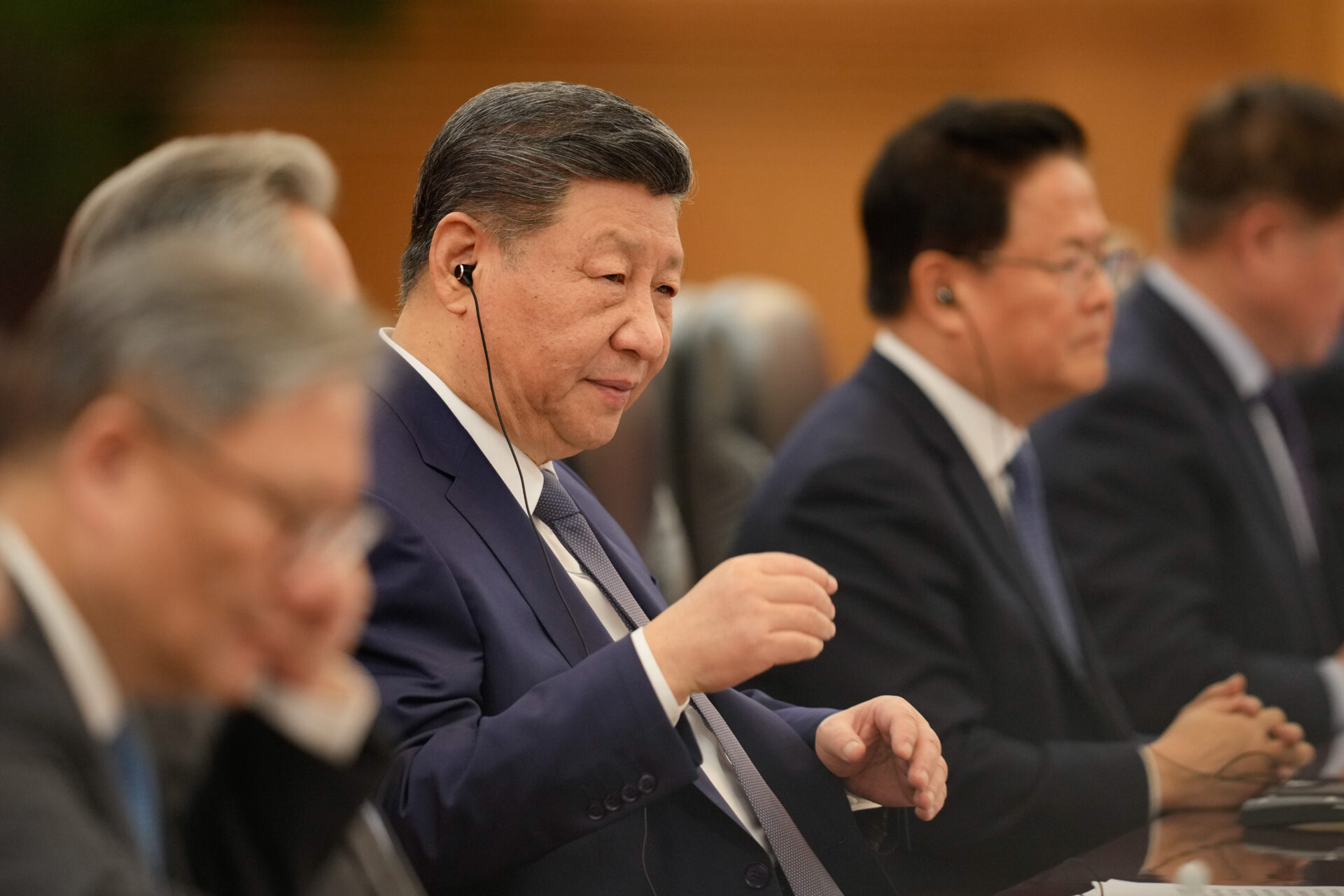MOSCOW AND TOKYO CONTINUE TO WRANGLE OVER ISLANDS ISSUE.
MOSCOW AND TOKYO CONTINUE TO WRANGLE OVER ISLANDS ISSUE.
Russia and Japan continued their diplomatic dance around the Kuril Islands territorial issue yesterday, as talks between the foreign ministers of the two countries produced an abundance of friendly rhetoric but little in the way of substantive movement. The talks may have been a disappointment for Japanese Foreign Minister Yohei Kono in particular. Japanese reports prior to his arrival in Moscow had suggested that Kono would confirm the scheduling of–and launch preparations for–a February 17-18 summit meeting between Russian President Vladimir Putin and Japanese Prime Minister Yoshiro Mori (AFP, January 10). But while preparations did apparently go forward yesterday for the next Russian-Japanese summit (which is to be held in the Siberian city of Irkutsk), there was no announcement made regarding the actual date of the meeting.
In fact, the cat-and-mouse play over the summit date evident yesterday follows a familiar pattern. Over the past several years it has generally been Japan pressing for high-level meetings between the two countries, with Russia tending to drag its feet. The divergent approaches reflect, on the one hand, Tokyo’s determination to regain from Moscow the four disputed Kuril Islands, and on the other, Russia’s reluctance to schedule summit meetings at which the two sides are unlikely to make progress on the islands issue. The inability of the two sides to bridge their differences on this issue has been the primary reason why they have also failed to sign a peace treaty which would formally close World War II. Japan has insisted on including a settlement of the territorial issue in the final peace treaty settlement; Moscow has suggested postponing discussion of the islands question while moving forward on the peace treaty. Kono’s talks with Russian Foreign Minister Igor Ivanov in Moscow yesterday marked the first high-level contact between the two countries since the passing of what had been an end-of-2000 deadline to sign the peace treaty agreement.
But diplomatic sparring was not confined only to the scheduling of the next Russian-Japanese summit. Moscow appeared also to take a pointedly hard line on the territorial issue itself when a senior diplomat was quoted yesterday as suggesting that Moscow had no intention of returning any of the four disputed islands–called the “Northern Territories” in Japan–to Tokyo. “For us the border is fixed: The four islands are part of our territory,” Russian Deputy Foreign Minister Aleksandr Losyukov was quoted as saying. “This is laid down in our constitution.” These remarks appeared to mark a retreat from a potentially promising proposal Putin made to Mori last year. The Russian president had suggested that the two sides take a new look at a 1956 Soviet-Japanese Declaration, one which had called for Moscow to return two of the four disputed islands in exchange for the signing of a Japanese-Russian peace treaty.
Losyukov made several remarks, however, which suggested that he had not ruled out that option. He also spoke of an unspecified minor border issue which the two sides still needed to resolve, and went on to say that Russian and Japanese experts were in fact “very actively” discussing the 1956 declaration. Those talks have apparently centered on a difference of interpretation regarding a key article contained in the treaty. Losyukov did not provide details. But he did suggest that the discussions involved Japanese arguments that the turnover to Japan of two of the disputed islands–as set out in the 1956 declaration–did not preclude discussion of returning the other two islands to Japan as well (Reuters, Russian agencies, January 16). This has been Tokyo’s position since Putin first broached the subject of the 1956 document during a meeting with Mori last September (see the Monitor, September 6, 2000).
In fact, yesterday’s talks only underscored anew the fact that an agreement on the territorial issue remains the sine qua non of any Russian-Japanese peace treaty agreement, and of a full normalization of political and economic relations between the two countries more generally. And there would seem to remain little chance of the two sides coming to an agreement on that issue. Given Putin’s current popularity and his image as a strong defender of Russian national interests, the 1956 declaration might afford him the political cover to offer two of the four islands back to Japan. That is a concession that Putin’s predecessor, former President Boris Yeltsin, could probably not have considered. But, for Japanese leaders, this may be no option at all. Nationalist sentiment in Japan continues to drive Japanese leaders to seek a solution to the Kuril Islands dispute which would return all four islands to Japan. This imperative has grown even stronger under Mori, whose domestic political weakness leaves him no room to meet Moscow halfway. That point was underlined yet again in an editorial published last week by the conservative Japanese daily Yomiuri Shimbun. It said that no concessions should be made to Russia on the islands issue: “We must enter the talks resolute in our stance that returning the four islands it the unshakable consensus of the Japanese people” (Reuters, January 12).
If that was not enough to suggest that some rough sledding lies ahead for Russian-Japanese relations, then a report yesterday revealed what could prove to be another point of contention between the two countries. An unidentified Japanese source was quoted as saying that Russia is expected to default on an initial payment of US$6 million from Soviet-era debt owed to Japan. The source reportedly told the Reuters news service that the money was to have been paid to the Japan Bank for International Cooperation yesterday, but that no payment was expected. According to the same source, Russia is due to pay Japan about US$80 million in February under a previous Paris Club rescheduling deal (Reuters, January 16).
MORE EQUAL THAN OTHERS?


